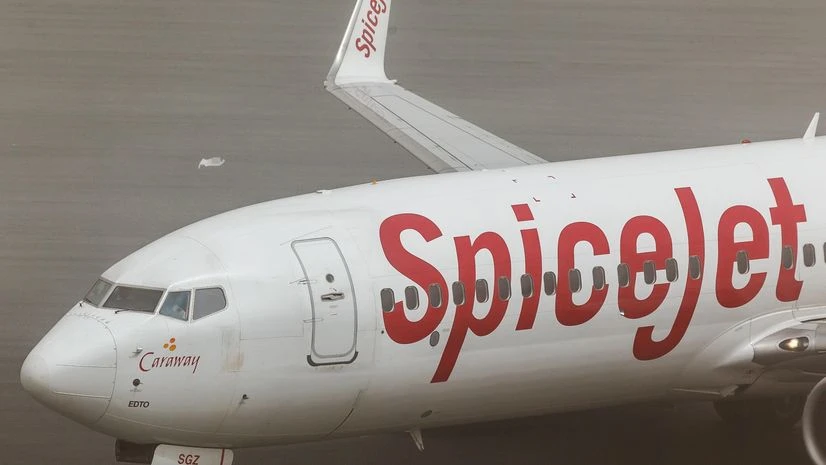)
The airline added that it aims to restore its reputation for efficiency and reliability, ensuring improved connectivity for passengers with the recent capital infusion |(Photo: Shutterstock)
Low-cost airline SpiceJet on Monday raised Rs 3,000 crore through a Qualified Institutional Placement (QIP) from global investors and mutual funds.
The airline said it would receive an additional Rs 736 crore from a previous funding round to improve its financial stability and support growth plans.
SpiceJet’s stock surged 7.45 per cent in intra-day trades on Monday, reaching Rs 71.
With the latest capital infusion, SpiceJet plans to strengthen its operations, expand its fleet, and extend its network to meet growing passenger demand in the country.
The QIP, which opened on September 16 and closed on September 18, saw participation from global investors and mutual funds, including Goldman Sachs (Singapore), Morgan Stanley Asia, BNP Paribas Financial Markets ODI, Nomura Singapore Ltd ODI, Tata Mutual Fund, and Discovery Global Opportunity Ltd, among others.
The airline added that it aims to restore its reputation for efficiency and reliability, ensuring improved connectivity for passengers with the recent capital infusion.
“We extend our deepest gratitude to the Ministry of Civil Aviation, the regulators, and all those who supported us throughout this challenging journey,” said Ajay Singh, chairman and managing director (CMD) of SpiceJet.
The QIP comes at a time when the airline’s domestic market share has continued to shrink, and it faces ongoing financial difficulties.
SpiceJet’s domestic passenger market share fell to just 2.3 per cent in August this year, according to data released by the Directorate General of Civil Aviation (DGCA).
The airline carried a total of 302,000 domestic passengers in August, marking a 44.2 per cent year-on-year decline.
In January last year, SpiceJet held a 7.3 per cent market share.
For several quarters, the low-cost carrier has been grappling with a cash crunch, amid multiple legal battles over unpaid dues to aircraft and engine lessors, as well as lenders.
The Gurugram-headquartered airline reported a 20 per cent year-on-year (Y-o-Y) decline in consolidated net profit to Rs 158.1 crore in the first quarter (Q1) of FY25.
The decrease was attributed to a reduction in flight operations due to financial challenges.
First Published: Sep 23 2024 | 2:58 PM IST


































